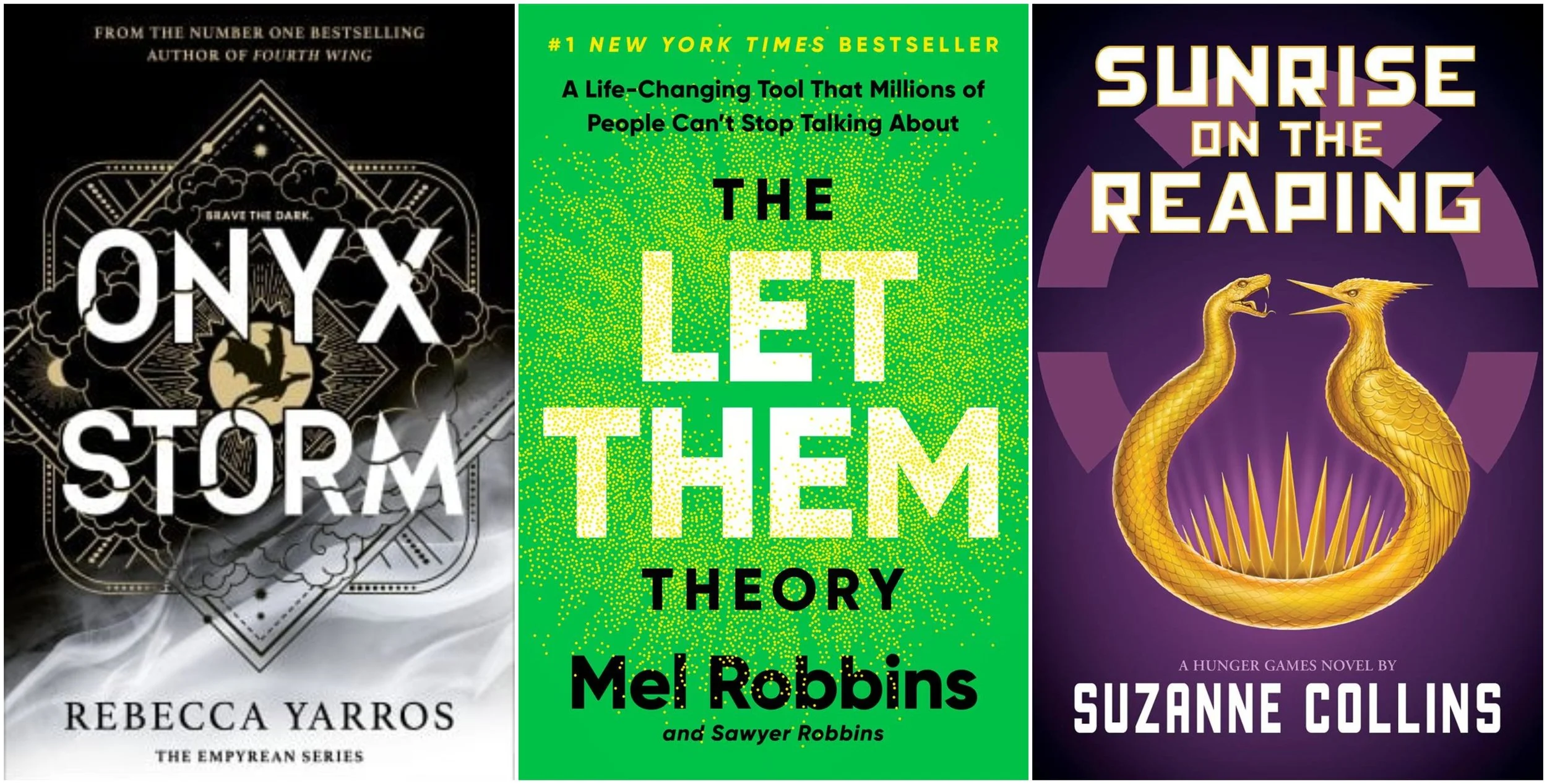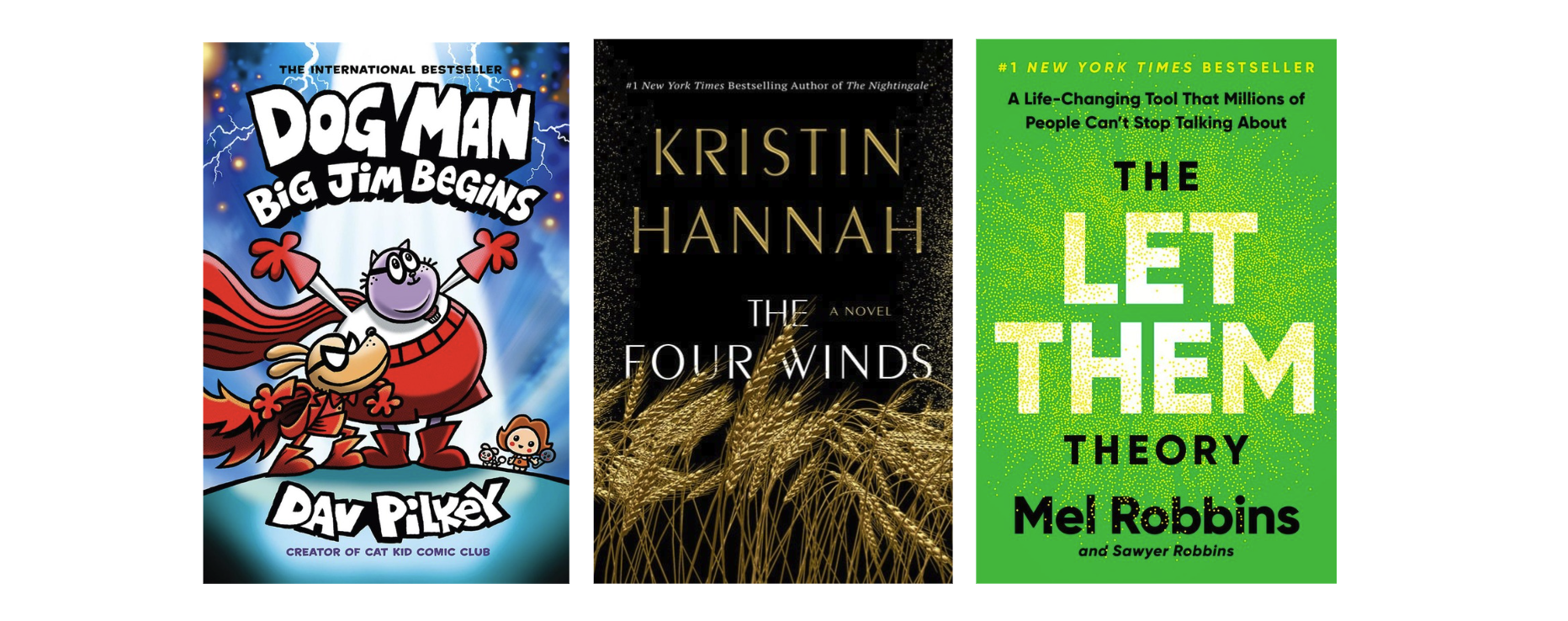BookNet’s Standards team received an email and call to action from a data recipient that offers an opportunity to review how to classify and identify products, pointing to an immediate example that requires data accuracy and sensitivity — the military invasion of Ukraine.
Over the last few months, our customers have highlighted several books to us about Ukrainian history that are categorizing online as Russian history. The root cause appears to be the assignment of “HISTORY / Russia & the Former Soviet Union” as a primary BISAC to these titles. As these books have come to our team’s attention, we have worked with publishers one-on-one to have their primary BISAC changed to “HISTORY / Europe / Eastern” so customers can search and find them under “Eastern European History.” We have seen the “Russia & Soviet Union” BISAC assigned even to books about Ukrainian history before the early twentieth-century and its incorporation into the USSR. In the context of today’s conflict for Ukrainian independence, it is important for customers to find books about Ukrainian history categorized distinct from Russia or its antecedent political entities.
I’d appreciate your help asking publisher members to review BISACs assigned to books about Ukrainian history, and to consider assigning primary BISACs that properly place Ukraine in the context of Europe or Eastern Europe.
This data recipient, in their request that data suppliers maintain accurate categorization regarding a book’s subject using the BISAC subject headings, speaks to the joint BookNet Canada & Book Industry Study Group’s (BISG) Best Practices for Product Metadata: Guide for North American Data Senders and Receivers. Best practices documentation always makes a reasonable assumption and explicitly or implicitly asks you to maintain accuracy by revising subjects (and keywords, descriptions, etc.) to reflect a book's relationship to current reality on back- and midlist titles as well as frontlist.
Note: The North American Best Practices document is currently under review by a BISG sub-committee and BookNet Canada is participating in this review. We have flagged subject maintenance as worthy of emphasis, a more detailed explanation, and a call for compliance in the documentation. If you’re interested in that work or want to learn more, please contact us at standards@booknetcanada.ca.
There are additional ways to flag Ukrainian content using BISAC Regional Themes, established to provide extra help to data recipients in identifying books of specific interest. A regional theme is intended to refer to the book's content and should be used to highlight a book for:
appropriate sales representatives;
regional purchase by booksellers and chain buyers;
cataloging considerations and regional librarians; and
regional promotions and media.
The point of the Regional Theme is not to limit national sales, but rather to highlight regional opportunities, precisely what is needed at this time when readers are looking to understand the conflict in Ukraine and the surrounding political environment. The country-specific coding for Ukraine is “1.6.17.0.0.0.0”.
Using this Regional Theme in addition to the previously established BISAC subject heading of “HIS010010 HISTORY / Europe / Eastern”, data senders may more adequately support the identification of Ukrainian history.
We would also like to flag additional BISAC subject headings that may be as applicable:
HIS037080 HISTORY / Modern / 21st Century
HIS031000 HISTORY / Military / Revolutions & Wars of Independence
Similarly, the Thema subject category scheme also offers additional excellent coding options, including Ukraine qualifiers with more granular options:
1 Place qualifiers
1D Europe
1DT Ukraine
Class here: Chernihiv, Chernobyl, Donbas, Dniester, Dnipro, Donetsk, Kharkiv, Kherson, Lviv, Mariupol, Odesa, Poltava, Pripyat, Sumy
1DTN-UA-K Kyiv (Kiev)
1DTNX Crimea / Crimean Peninsula
Class here: Sevastopol. Use for: historical and cultural contexts as well as geographical or administrative
We want to hear from you! Contact BookNet Canada’s Standards team at standards@booknetcanada.ca with your bibliographic woes and wants. Not only will you get a personalized reply, but broadly applicable inquiries may be featured (with permission) on the BookNet Canada blog to aid in the bibliographic excellence of the Canadian industry.














Insights into romance trends and the performance of Heated Rivalry.